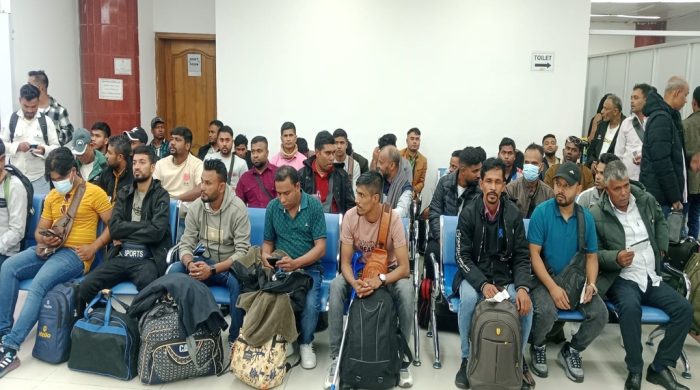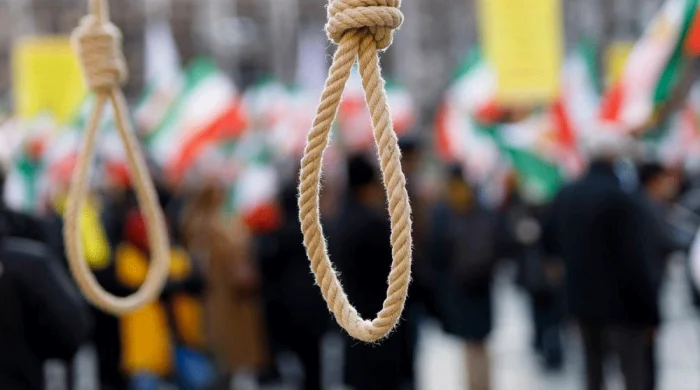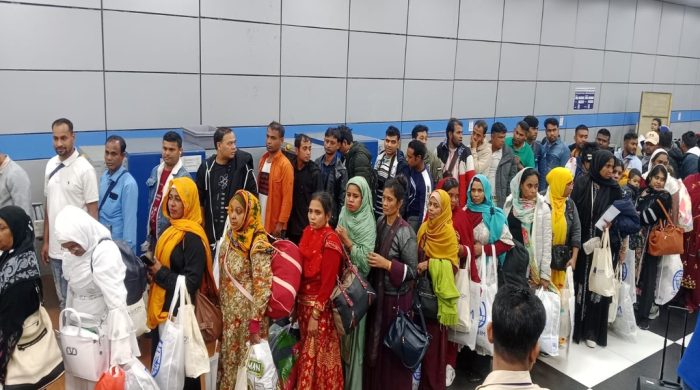Dengue deaths, cases rise in Bangladesh despite growing spending

- Update Time : Saturday, August 26, 2023
- 16 Time View

Dengue fatalities and hospitalisations have been increasing in the capital every year, despite the two city corporations in Dhaka increasing budgetary allocations for mosquito control regularly.
According to the documents available, Dhaka South City Corporation spent Tk 152 crore in the past seven years on buying mainly insecticides and machines.
The city corporation also allocated Tk 40 crore for mosquito control in the 2023–24 financial year, up from Tk 35 crore in 2022–23.
Dhaka North City Corporation spent Tk 280 crore during the same period while allotting Tk 84 crore for the 2023–24 financial year, which was Tk 53 crore in 2022–23.
Entomologists and health rights activists said that the two city corporations mostly wasted this money on wrong and ineffective methods, resulting in an ever-increasing number of cases and fatalities.
He announced that the city corporation would follow a new method, but speaking to New Age on Tuesday, he admitted to his failure.
Over the years, the two city corporations in Dhaka used to spray larvicide in the morning to kill mosquito larvae and do fogging to kill adult mosquitoes.
Officials said that in fogging, DNCC uses Malathion and DSCC uses a mixture of Deltamethrin and Malathion, and both city corporations use temephos, an organophosphate larvicide used to treat water infested with disease-carrying insects, including mosquitoes, for spray.
Atiq explained that he wanted to introduce BTI, or Bacillus thuringiensis israelensis, a naturally occurring soil bacterium that can effectively kill mosquito larvae present in water, this year but was forced to suspend it after a scandal in import.
DNCC last week suspended the use of BTI after its importer, Marshal Agrovet Chemical Industries Ltd., falsely claimed its product was manufactured by a Singapore-based chemical plant.
DSCC chief health officer Fazle Shamsul Kabir said that they had been usinng the same insecticide in the same manner over the years and had increased their budgetary allocation for better action against the vector.
Entomologists said that the anti-mosquito drive was faulty, unrealistic, and unscientific, adding that mosquitoes developed resistance to the larvicide and adulticide after repeated use.
Former president of the Zoological Society of Bangladesh and an entomologist, Manjur Ahmed Chowdhury, said that what the city corporations were doing here to control mosquitoes was against the basic principle of vector management, and as a result, dengue deaths and infections were on the rise.
‘What the city corporations are doing is institutional cheating on city dwellers, who pay tax for killing mosquitoes,’ he said.
He also said that frogs, ducks, fish, and so many other things also yielded no results over the years and suggested the city authorities find effective measures immediately to prevent further transmission of the dengue virus.
Janashasthaya Sangram Parishad president Faeizul Hakim Lala alleged that corruption in two city corporations prevented them from getting the desired result in mosquito control efforts.
‘Due to the unaccountability and corruption, the situation turned much worse,’ he said.
Faeizul, also a physician and political activist, found that dengue fatalities had been increasing as mosquitoes developed resistance due to repeated use of the same insecticide over the years.
DSCC chief health officer Fazle Shamsul Kabir, however, denied allegations of wasting public money and rather blamed the public for their lack of awareness of mosquito breeding.
‘If there were no city corporations, the situation would have been much worse,’ he claimed.
Against this backdrop, the Directorate General of Health Service reported 14 deaths and 1,594 hospitalisations on Friday, a weekly holiday when most hospitals did not report to the authorities.
With this, 277 people died of dengue this year and 110,224 people were hospitalised, both a record since official counting began in 2000.
DGHS reported 28,429 dengue hospitalisations and 105 deaths in 2021, which in 2022 reached 62,382 hospitalisations and 281 deaths.

























